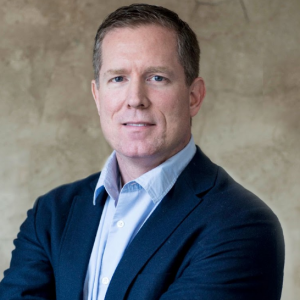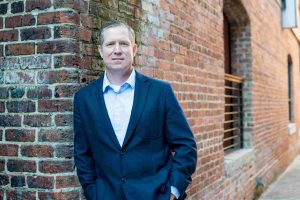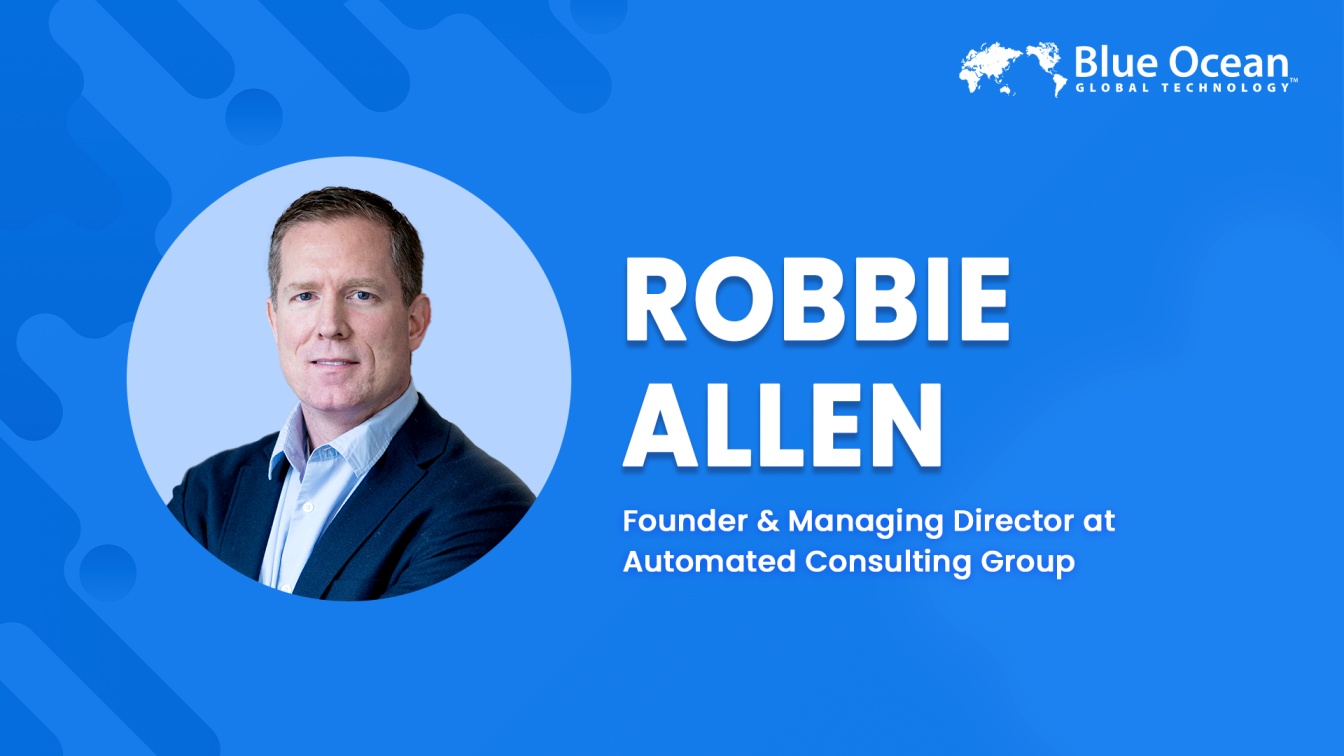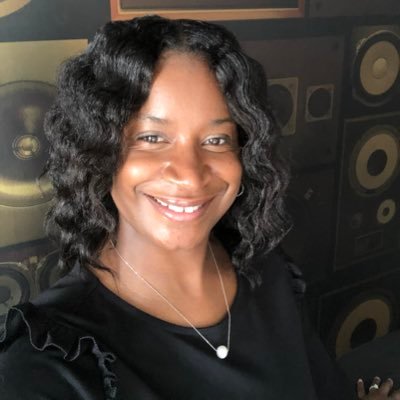About Robbie Allen

Robbie Allen is an experienced AI entrepreneur and advisor with a strong background in building and scaling innovative technology companies. In 2010, he founded Automated Insights, the first commercial generative AI company, which helped global brands automate content at scale. The company was acquired by Vista Equity Partners in 2015.
He later co-founded Infinia ML with a team of Duke University PhDs, delivering advanced machine learning solutions to Fortune 500 companies and research institutions. Robbie has authored technical books, holds several patents in generative AI, and has successfully exited multiple AI ventures.
Today, he leads Automated Consulting Group, where he helps business leaders navigate AI transformation with a focus on practical impact. He has served on numerous boards and invested in over 100 early-stage startups as General Partner at Triangle Tweener Fund. Robbie is passionate about advancing AI in a way that delivers real-world results and long-term value.
Blue Ocean: Could you tell us about your professional journey—what inspired you to pursue the AI and consulting industry?
Robbie Allen: I studied computer science and got exposed to AI around thirty years ago. Back then, it wasn’t all that exciting or powerful; it was clunky and limited, but it fascinated me. Learning the techniques and the history sparked something in me.
After college, I joined Cisco and spent thirteen years there, eventually earning the title of Distinguished Engineer. I loved the environment, but I had this pull toward building something of my own. So in 2010, I founded Automated Insights, one of the first commercial generative AI companies working on natural language generation. We created software capable of turning data into coherent articles, imagine automated sports recaps, or earnings summaries. Back then, people couldn’t believe a machine could write like a person because it seemed impossible.
We grew quickly and by 2015 were generating billions of pieces of content each year. Eventually, Vista Equity Partners acquired the company, and I started a PhD in machine learning at UNC. Soon after, Duke’s head of research invited me to co-found a deep learning consultancy in 2017. We spent a few years doing client projects, hoping to spin out a product, but we realized that machine learning is hard to productize.
During the pandemic, I stepped back, homeschooled my daughter for a bit, and then launched Bionic Health to support health optimization using AI to scale aspects of what doctors do. About six months ago, I handed operational control to my co-founder and launched Automated Consulting Group to help businesses build AI strategies, roadmaps, and leadership training. That’s been my focus since.

Blue Ocean: What does a typical day in your life look like?
Robbie Allen: There really isn’t a typical day. I have two kids, and mornings are often about getting my ten-year-old to school or activities. Some mornings I drop him off, then head straight into work. My day might include meeting with clients interested in AI strategy, visiting existing clients, or helping boards understand how AI applies to their industry.
I also split time with the Triangle Tweener Fund, a venture firm in the Raleigh–Durham area that my partner Scott Wingo and I manage. Over the last three years, we’ve invested over ten million dollars across more than 150 early-stage startups. So one part of my day might be reviewing pitches, speaking with entrepreneurs, and another might be strategizing with ACG team members.
Family time becomes part of the flow. I might pick up my son or make time for dinner. And between these personal moments and work, I’ll carve out time to catch up on the latest AI research, read industry newsletters, or reflect on open client questions. There is no fixed structure, and every day’s schedule shifts depending on school pickups, new client introductions, or startup investments. I’m always toggling between childcare, AI strategy consulting, and startup support.
Blue Ocean: Which emerging trends in your industry excite you the most?
Robbie Allen: AI itself is the trend that wins hands down. We’re witnessing technology evolve faster than at any point in our careers. While AI and machine learning date back decades, the real breakthroughs that power today’s intelligent systems are only a few years old. GPT‑4 launched around two years ago, but its capability feels decades ahead. AI is poised to reshape entire industries, just as the internet or mobile computing once did.
What keeps me up late isn’t just the power of these systems, but the unpredictability of where they’ll go next. People who made confident predictions in earlier technology waves, including mobile and cloud, were often proved wrong within a few years. We’re at the beginning of something massive and untamed, and that uncertainty is exhilarating. Whether it’s new modalities of user interaction or automated professional tasks, AI is revealing possibilities we didn’t know existed. That sense of being early, at the front edge of societal transformation, is both thrilling and humbling.
Blue Ocean: What do you believe is the key to your success, and how do you stay ahead in such a competitive environment?
Robbie Allen: I credit a blend of timing, opportunity, persistence, and continuous work for my success. I started at Cisco during the early days of the internet boom when the company was growing fast but still small enough to offer responsibilities and mentorship. My managers trusted me and let me dive in. I put in long hours, learned deeply, and gradually earned more challenging work. That timing mattered.
Staying ahead requires similar dedication. In AI, things move at warp speed. Even with access to the best tools and a dozen newsletters I subscribe to, keeping up is exhausting. That’s why I built Automated Consulting Group to institutionalize that effort. Reading research papers, networking with practitioners, and staying current with new systems is a full-time job. Our job is to help companies sidestep the overwhelm and build practical roadmaps without reinventing the wheel.

Blue Ocean: What is something unique you offer to your clients?
Robbie Allen: Lots of consultancies are popping up now with flashy “AI strategies” but have little history behind them. I offer experience in real product development and decades of automating systems. I started with automated narrative generation in 2010. I built machine learning teams, launched health optimization platforms, and spent years consulting and investing across industries.
That depth means I’m not just summarizing trends or giving canned presentations. I’ve lived through system failures, performance bottlenecks, scaling issues, and acquisitions. When I advise clients, I bring warp speed lived experience rather than theoretical frameworks. That long-term insight and the capacity to skip the beginner pitfalls set our firm apart.

Blue Ocean: In your experience, what qualities separate those who excel in their field from those who don’t?
Robbie Allen: I consistently see two traits stand out. First is persistence. Young entrepreneurs and employees often give up after a couple of hard years of rocky cash flow or demanding roadmaps, but the truly successful are those who dig in, pivot, and persist through tough seasons. They don’t quit when things get hard. They keep showing up.
Second is commitment to depth. Constant job hopping or chasing the next shiny tool often prevents people from gaining deep responsibility or expertise. Staying long enough to own substantial problems teaches lessons that short-term stints won’t. Those who excel invest in breadth and depth, learn quickly, but stay long enough to master.
Blue Ocean: How do you approach mentoring or guiding those who look up to you?
Robbie Allen: If someone reaches out, I’m always willing to chat. But I don’t chase mentees. I view mentoring as a two-way street; the onus is on the mentee to ask questions, seek feedback, and follow up. Last week, a young founder reached out to me after an event. We grabbed coffee and mapped out questions. I shared advice. They followed up. I did too, asking how things progressed.
That dialogue builds trust and sometimes lasting collaboration. The mentee’s initiative determines whether the relationship deepens. I can lead them toward success, but they have to do the walking. When they do, I’m ready with insights and encouragement.
Blue Ocean: What advice would you give to your younger self as you were starting your career in this multifaceted industry?
Robbie Allen: I wouldn’t dial back much, but I’d definitely advise not chasing the highest paycheck early on. Instead, pick roles that offer growth, responsibility, and mentorship. I went with environments that valued long‑term potential over short-term pay, and Cisco was one of those. You learn faster by doing less glamorous but deeply educational work than by hoping for a better salary.
That early experience in high responsibility roles paid off in unexpected ways. Depth compounds more reliably than early earnings, especially with emerging fields like AI.

Blue Ocean: What is something you are most grateful for, either professionally or personally?
Robbie Allen: Looking back, I feel unbelievably fortunate to have encountered major technology accelerations at each turn—internet, mobile, cloud, and now AI. Each wave built on the previous one, amplifying opportunities.
On a personal level, I remind myself that my life is easier than most. Watching my teenage daughter or teen son navigate school life, I recognize how comfortable our resources are compared to people living through conflict or poverty. That perspective keeps me grounded and grateful. Frequent reflection on that contrast helps me appreciate the privileges I’ve had from mentors to timing to stability.
Blue Ocean: What’s one lesson in life that changed your perspective?
Robbie Allen: I don’t believe a lot in goals. It’s more important to focus on the journey than the destination. I’ve been fortunate in my life, got the promotion I wanted, my company exited and sold, and it did really well for the investors and employees. But as I look back, those were actually a little unsatisfying, even though they were big milestones. I had spent all this time working to achieve these things, and then you hit the goal and think, “Wow, this must be the pinnacle of fulfillment.” But it turns out, it’s not.
At least, not for me. When I reflect on it, I realize the thing that was fulfilling wasn’t the celebratory dinner or the moment where I could say, “Alright, I got this promotion.” Those moments are fleeting. What I enjoyed way more was the process of getting there. In some cases, it took 10 years to achieve, and that’s the part I liked.
There was never just one egg in one basket. It wasn’t like, “Here’s this one goal I’m shooting for, and success is only when I hit it.” Success, for me, became more about whether I enjoyed the process along the way. Did I like getting there? That’s where I try to keep my focus now, in building something that’s sustainable.
It’s not about saying, “I’m going to make all these sacrifices now so that maybe someday I’ll achieve this big thing and it’ll be awesome.” I would never plan for that because a) you don’t know where you’re going to be in five years, and b) I’m now in my late forties. I’ve had friends pass away in their early forties and at all different stages of life. You’re never guaranteed another day. And even if you are around, that result you’re chasing might take twice as long to get to, or may never happen the way you expect.
So the point for me is to create a journey that is sustainable and fulfilling in itself. Something that you’d actually want to live, day by day, regardless of the outcome.
Blue Ocean: Is there a particular quote or piece of advice that has guided you through your career?
Robbie Allen: “Enjoy the journey” is one of the mottos I live by. It’s one of the golden rules for me. Another one, especially in the business world, is “treat others as you’d like to be treated.” That one’s pretty foolproof.
Some people might not agree with this, but for me, it’s more about perspective. I’m not trying to optimize for just the final result. Along the way, I want it to be a good process. And if you’re treating people well throughout that process, you can still end up with great results.
I prefer a dynamic where we both get to learn as we go, where we both enjoy the experience to some level, and still benefit at the end. That feels more fulfilling to me than just winning at the cost of everything else.
Conclusion
Robbie’s journey showcases how your long‑term vision is shaped by everyday choices. From early fascination with AI to building startups, and now helping others with AI strategy and venture support, his success, like he says, lies less in one big win and more in persistence, depth, adaptability, and gratitude. In a world that is fast-paced and uncertain, his message is clear: “Enjoy the journey.”
Do you have a personal or professional story that can inspire other people into becoming the best version of themselves?
You are welcome to share your journey with our audience.








